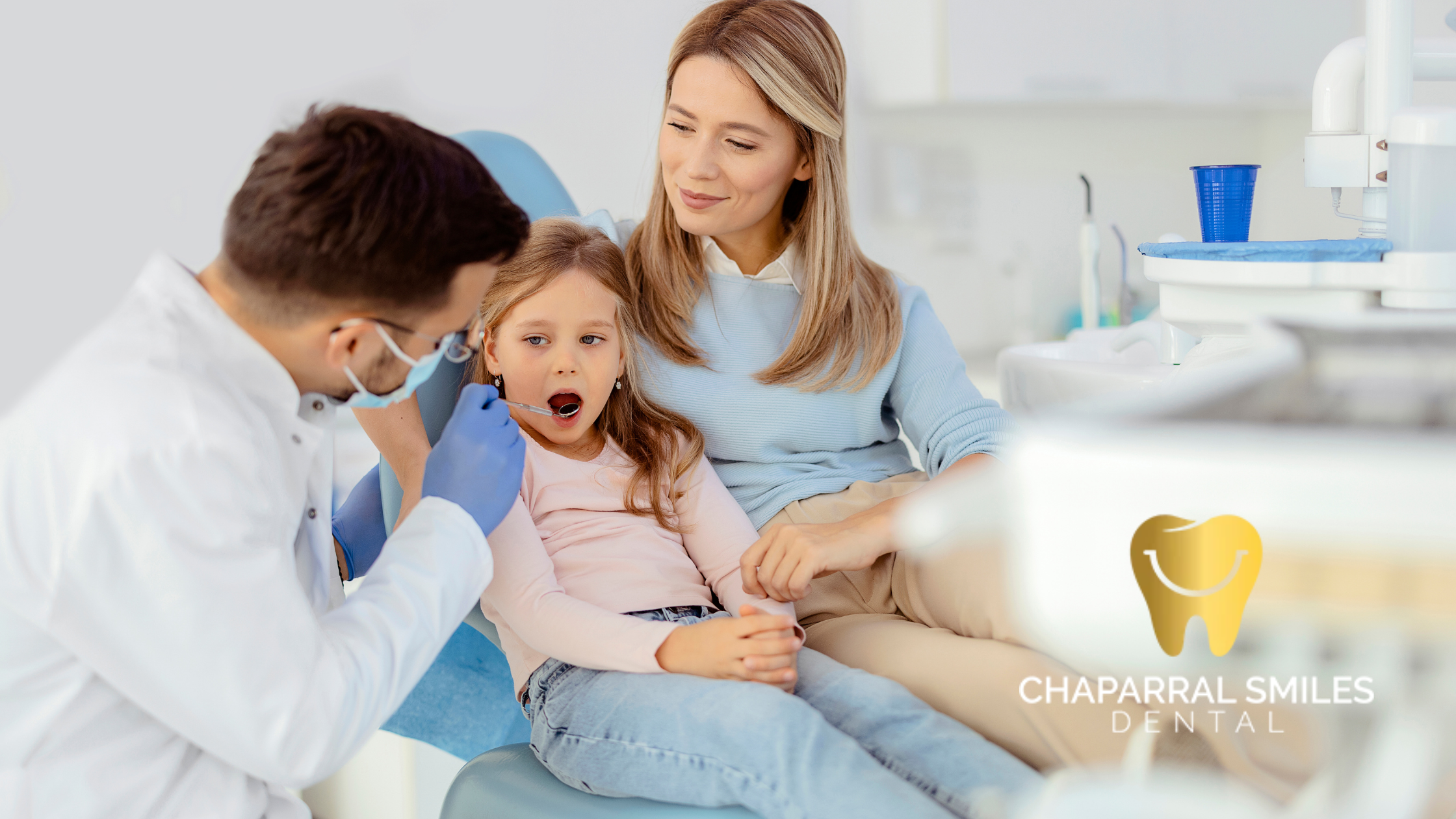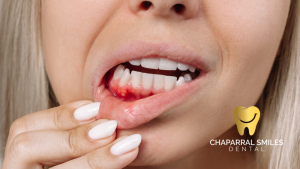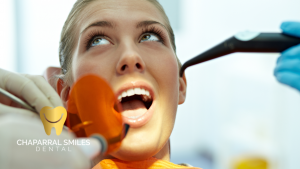Emergency situations can arise unexpectedly, leaving you anxious about how to proceed. When you visit your family dentist during a dental emergency, their priority is to address your pain and restore your oral health efficiently.
You can expect a thorough assessment of your condition, which may include x-rays to evaluate any underlying issues. The dentist will then recommend treatment options tailored to your needs, ensuring you leave with a clear plan for recovery.
Understanding the process can help ease your worries and equip you with the knowledge for the next time an emergency strikes.
Key Takeaways:
- A family dentist’s office is equipped to handle a variety of dental emergencies, such as toothaches, broken teeth, or injuries to the mouth, providing immediate care to alleviate pain and prevent further issues.
- During a dental emergency, patients are typically prioritized based on the severity of their condition, ensuring that those in urgent need receive prompt attention.
- Family dentists will assess the situation, offer treatment options, and may provide follow-up care or referrals to specialists if necessary to ensure comprehensive dental health management.
Understanding Dental Emergencies
Your knowledge of dental emergencies can make a significant difference in your response during a crisis. Dental emergencies can arise unexpectedly and require immediate attention to alleviate pain, prevent further complications, and preserve your oral health.
Types of Dental Emergencies
Your ability to identify the type of dental emergency can help in seeking the appropriate treatment. Common dental emergencies include:
- Toothache
- Broken or chipped teeth
- Knocked-out teeth
- Loose or dislodged fillings
- Abscess or infection
The right response can aid in faster recovery and better outcomes.
| Dental Emergency | Suggested Action |
| Toothache | Rinse with warm saltwater and see your dentist. |
| Broken or chipped teeth | Preserve any pieces and seek immediate help. |
| Knocked-out teeth | Handle the tooth by the crown and visit your dentist. |
| Loose fillings | Keep the area clean and contact your dentist. |
| Abscess or infection | Visit your dentist urgently to prevent spread. |
Recognizing Symptoms
Recognizing the symptoms of a dental emergency can help you act swiftly to seek treatment. Pain, swelling, and bleeding are common signals that something is wrong with your oral health.
Types of symptoms to look out for include persistent throbbing pain, swelling in the gums, or sudden bleeding. If you experience a strong odor or unusual taste in your mouth, these may also indicate an underlying issue.
Consult your dentist immediately as urgency can impact the potential for restorative treatment and the overall health of your smile.
Preparing for a Dental Emergency
While dental emergencies can be stressful, preparation can make a significant difference. Familiarizing yourself with your dental office’s protocol and having crucial information on hand can help you respond quickly and effectively when an emergency arises.
Being prepared allows you to focus on getting the necessary care without unnecessary delays.
What to Do Before Visiting the Dentist
For an effective response to a dental emergency, you should first assess your situation. Determine the severity of your injury, manage any bleeding, and try to stay calm.
If possible, take an over-the-counter pain reliever while you wait to see the dentist, and avoid any further damage to your teeth or gums.
Gathering Necessary Information
On your way to the dentist, gather all relevant information. This includes your dental history, any allergies you may have, and a list of medications you are currently taking.
Having this information ready will help your dentist provide the best and most efficient treatment.
Plus, being well-informed ensures that you can give your dentist a comprehensive view of your health. This information is crucial for diagnosing any potential issues accurately.
You should also communicate any acute symptoms you are experiencing, such as severe pain or swelling, as these may indicate a more serious condition. By sharing all this relevant detail, you help your dentist prioritize your treatment and ensure a swift recovery.
The Role of a Family Dentist
Unlike specialists who focus on specific dental issues, a family dentist serves as the primary oral health provider for your household. They are equipped to handle a variety of dental emergencies while building long-term relationships with patients of all ages.
This personalized service not only addresses urgent dental needs but also emphasizes preventative care to help maintain your family’s overall dental health.
Immediate Response to Emergencies
Above all, your family dentist prioritizes quick action during dental emergencies. When you arrive at the office with an urgent issue, the team swiftly assesses your condition to determine the best course of action.
This prompt response can significantly alleviate pain and minimize the risk of further complications, ensuring you receive the care you need without delay.
Treatment Options Available
Below are the various treatment options your family dentist may offer during a dental emergency.
The treatment options available at a family dentist’s office during an emergency can vary based on the situation. Common interventions include tooth extractions if a tooth is beyond repair, root canal therapy for infected teeth, and temporary fillings to protect damaged teeth until a more permanent solution is found.
If you experience severe pain, your dentist may also prescribe pain relief medications to ensure your comfort as they work on a more sustainable treatment plan. In some cases, they may refer you to a specialist for more complex issues, ensuring a comprehensive approach to your dental health.
Aftercare Following an Emergency Visit
Many patients may overlook the importance of aftercare following a dental emergency. It is imperative to follow your dentist’s specific instructions to prevent complications and promote healing.
This may include pain management, dietary restrictions, and maintaining good oral hygiene to aid recovery. Be sure to monitor your symptoms; if anything feels unusual, don’t hesitate to reach out to your dentist for advice.
Home Care Instructions
Across the board, following home care instructions is vital for your recovery. Your dentist may recommend specific practices, such as rinsing with saline solution, applying ice to reduce swelling, and taking prescribed medications.
Adhering to these guidelines helps ensure your mouth heals properly and can reduce the risk of further complications.
When to Schedule a Follow-Up
By understanding when to schedule a follow-up appointment, you can help facilitate your healing process. Typically, you should arrange a visit within a week after your emergency.
If your pain intensifies or if you experience symptoms like swelling, fever, or bleeding, you should contact your dentist immediately for guidance.
At your follow-up appointment, your dentist will assess your recovery and address any persistent issues. It’s important to be proactive; if you notice anything out of the ordinary or feel uncomfortable, a quick visit can help avert further complications.
Regular check-ins ensure that your dental health is on the right track and that your treatment is effective. Prioritizing these appointments strengthens your overall oral health.
Preventing Future Dental Emergencies
Keep in mind that preventing dental emergencies starts with proactive care. By staying vigilant about your oral health, you can greatly reduce the risk of sudden issues.
Regular visits to your family dentist and maintaining good daily habits are crucial strategies to keep your smile healthy and avoid unexpected problems.
Regular Check-ups and Cleanings
To maintain your dental health and prevent emergencies, regular check-ups and cleanings at your family dentist are vital. These appointments allow your dentist to catch potential issues early on before they escalate into bigger problems that could lead to emergency situations.
Good Oral Hygiene Practices
Any solid preventive plan includes practicing good oral hygiene daily. This entails brushing your teeth at least twice a day, flossing regularly, and using mouthwash to eliminate bacteria.
If you cultivate these habits, you can keep your mouth healthy and decrease your chances of dental emergencies.
Preventing dental issues requires consistency and attention. Implement daily rituals such as brushing your teeth with fluoride toothpaste and flossing to remove food particles between your teeth.
Additionally, consider using antimicrobial mouthwash to help reduce plaque and bacteria buildup. Don’t forget to replace your toothbrush regularly to ensure effective cleaning.
Awareness and dedication to these practices can significantly lessen your risk of facing frustrating and painful dental emergencies.
To wrap up
Summing up, when you arrive at a family dentist’s office during a dental emergency, you can expect prompt assessment and effective treatment tailored to your situation. Your dentist will likely start by gathering information about your symptoms and medical history, followed by a thorough examination and necessary imaging.
Based on their findings, they will discuss available treatment options to relieve your pain and restore your dental health. By knowing what to expect, you can feel more prepared and at ease when facing an unexpected dental issue.
If you’re experiencing a dental emergency or want to prevent one with regular check-ups, the trusted team at Chaparral Smiles Dental is here to help. Visit chaparralsmilesdental.com to get the prompt, personalized care your smile deserves.





